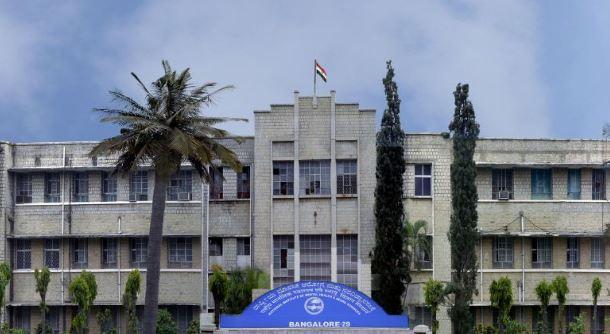PM-SURAJ and NAMASTE Scheme

Introduction:
- The ‘PM-SURAJ’ national portal aims to uplift the most marginalised sections of society and provide credit assistance to one lakh entrepreneurs from disadvantaged communities.
- It is implemented by the Ministry of Social Justice and Empowerment and its departments.
- The portal serves as a one-stop point where people from disadvantaged sections of society can apply for and monitor the progress of all loan and credit schemes already available to them.
- The credit support will be facilitated through banks, Non-Banking Financial Companies Finance Institutions (NBFC-MFIs), and other organizations, ensuring accessibility across the country.
Linkage:
- The NAMASTE Scheme is a central Sector Scheme formulated in 2022, by the Ministry of Social Justice and Empowerment (MoSJE) and the Ministry of Housing and Urban Affairs (MoHUA).
- It aims to ensure safety, dignity, and sustainable livelihoods for urban sanitation workers.
- The Self-Employment Scheme for Rehabilitation of Manual Scavengers (SRMS) has been renamed as the NAMASTE.
- The SRMS scheme was launched in 2007 to help rehabilitate manual scavengers and their dependents.
- The NAMASTE scheme is to be implemented over 4800 Urban Local Bodies (ULBs) of the country, during the next three years i.e. up to 2025-26.
Current News:
- The Ministry of Social Justice and Empowerment launched the ‘Pradhan Mantri Samajik Utthan and Rozgar Adharit Jankalyan’ (PM-SURAJ) national portal online aimed at offering credit support to the marginalized segments of society, with the Prime Minister as the Chief Guest.
- The PM distributed Ayushman Health Cards and Personal Protective Equipment to Safai Mitras(sewer and septic tank workers), under the National Action for Mechanised Sanitation Ecosystem (NAMASTE) scheme, which was previously a rehabilitation scheme for manual scavengers.
Impact:
- Zero fatalities in sanitation work in India.
- All sanitation work is performed by formalized skilled workers.
- No sanitation workers come in direct contact with human faecal matter.
- Sanitation workers are collectivised into Self Help Groups (SHGs) and are empowered to run sanitation enterprises.
- Sewers and SSWs and their dependents also have access to livelihoods by providing capital subsidies for purchasing sanitation-related equipment.
- Increased awareness amongst sanitation services seekers (individuals and institutions) to seek services from registered skilled & certified sanitation workers
- Extending Health Insurance Scheme benefits under Ayushman Bharat, Pradhan Mantri Jan Arogya Yojana (PM-JAY) to SSW & manual scavengers and their family members.









